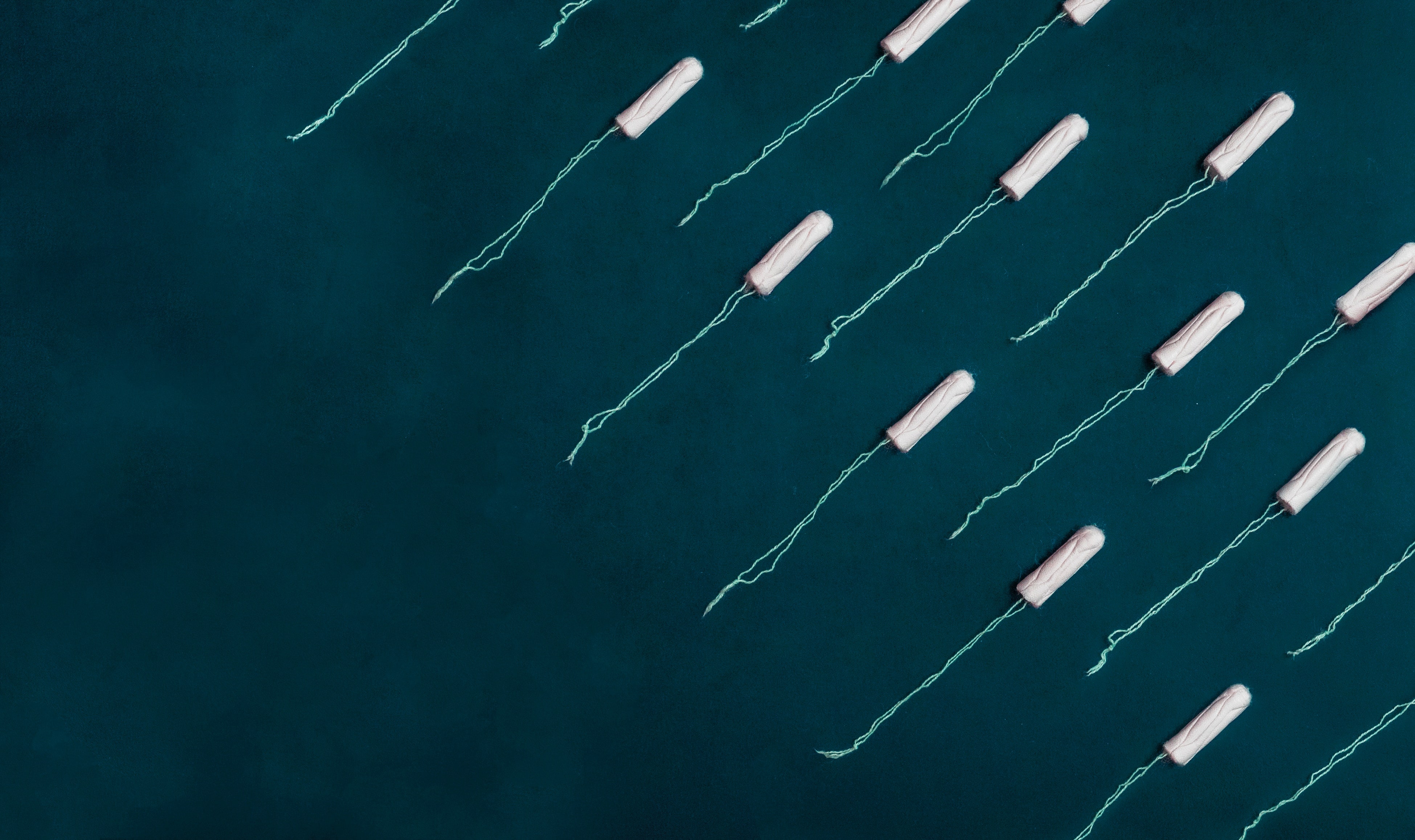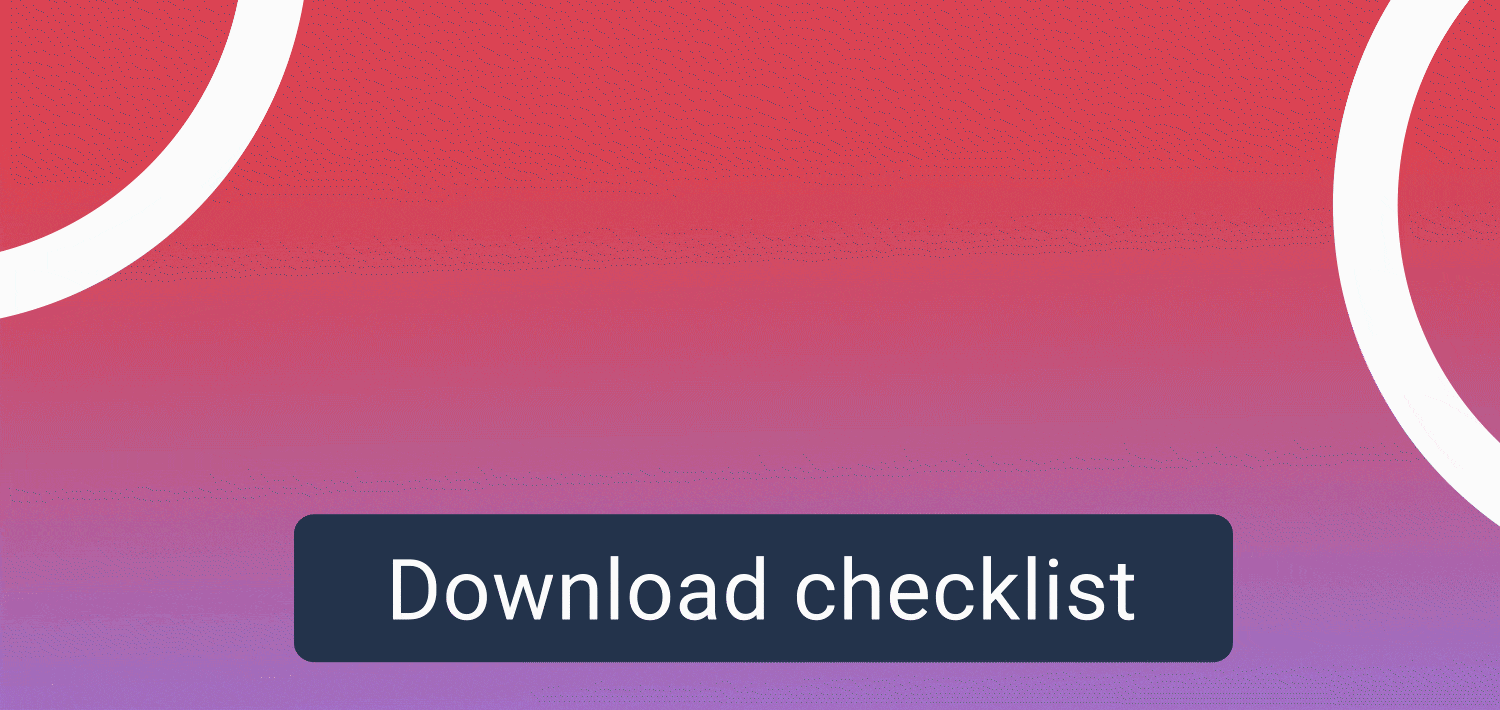Author: Ben Greenwood
Posted: 22 Jan 2020
Estimated time to read: 3 mins
1 in 10 women aged 14-21 are unable to afford sanitary products. This can affect their confidence, ability to concentrate in class and ultimately, their performance at school.
In a bid to tackle period poverty, a national issue that affects mostly teenage girls, the DfE has launched a scheme that will see schools provide free period products to students. Children and families minister, Michelle Donelan, said “Periods are a normal part of everyday life and we do not want young people missing out on lessons because of them”.
The new initiative will supply schools with free products, including environmentally friendly alternatives like reusable pads and menstrual cups. The girls’ religious and cultural background will also be taken into consideration and is discreet and confidential.
Period Poverty
Over the course of a year, 137,700 students miss at least one day of school due to period poverty, with 32% of teenage girls saying they know someone who has been affected. It’s an issue that can lower academic achievement and cause depression and anxiety at a time when students need to be able to concentrate and prepare for exams.
30% of girls believe that a lack of access to sanitary products holds female students back, with many stating that it made concentration difficult and heightened exam related stress.
Jaffa cakes, bicycle helmets and even Tiebetan goat meat are all taxed as 'necessities' - yet tampons and sanitary pads are taxed as 'luxuries'
However, many still feel that the government still isn't taking equality seriously. Sanitary products are currently considered ‘luxuries’, non-necessity products, and are thus taxed at 5% VAT whilst mens razors and even Jaffa cakes and bicycle helmets receive a standard ‘necessity’ tax rate.

How does my school get free sanitary products?
Your school or college should have received an activation email from phs Group about ordering sanitary products. They should begin shipping immediately once you’ve placed your order and your items will arrive in the days following.
phs Group CEO, David Taylor-Smith said, “We encourage schools and colleges to look out for their activation email and make their first order so they can start offering free products as soon as possible”. He also added that phs were proud to be supplying a worthy cause, stating that, “Period products are a necessity, not a luxury”.
What more can my school do to tackle period poverty?
One of the key issues surrounding inequality and period poverty is the lack of information in RSE (Relationship and Sex Education) about menstruation. RSE and many other PSHE subjects find themselves fighting for exposure as other ‘more important’ subjects are prioritised. But this is depriving our students of knowledge and self-confidence.
137,700 students miss at least one day of school due to period poverty
Having conversations about periods, with both male and female students, is extremely important. A study by the New York Post found that 1 in 10 girls have experienced ‘period shaming’ from their classmates. This is a problem stems from both a lack of understanding and a lack of open conversation about menstruation in schools.
Make more time for RSE lessons that discuss menstruation, and not just once per year. Making these lessons too sparse can lead students to think that this is something that we shouldn’t be discussing. Encourage conversation and questions out loud but ensure students that you are always willing to answer questions in private if that’s what they prefer.
If your school doesn’t have the capacity to provide these kinds of lessons, consider enlisting help from one of the UKs many period equality charities.
For more guidance on RSE, download our free RSE Checklist ready for September 2020.


